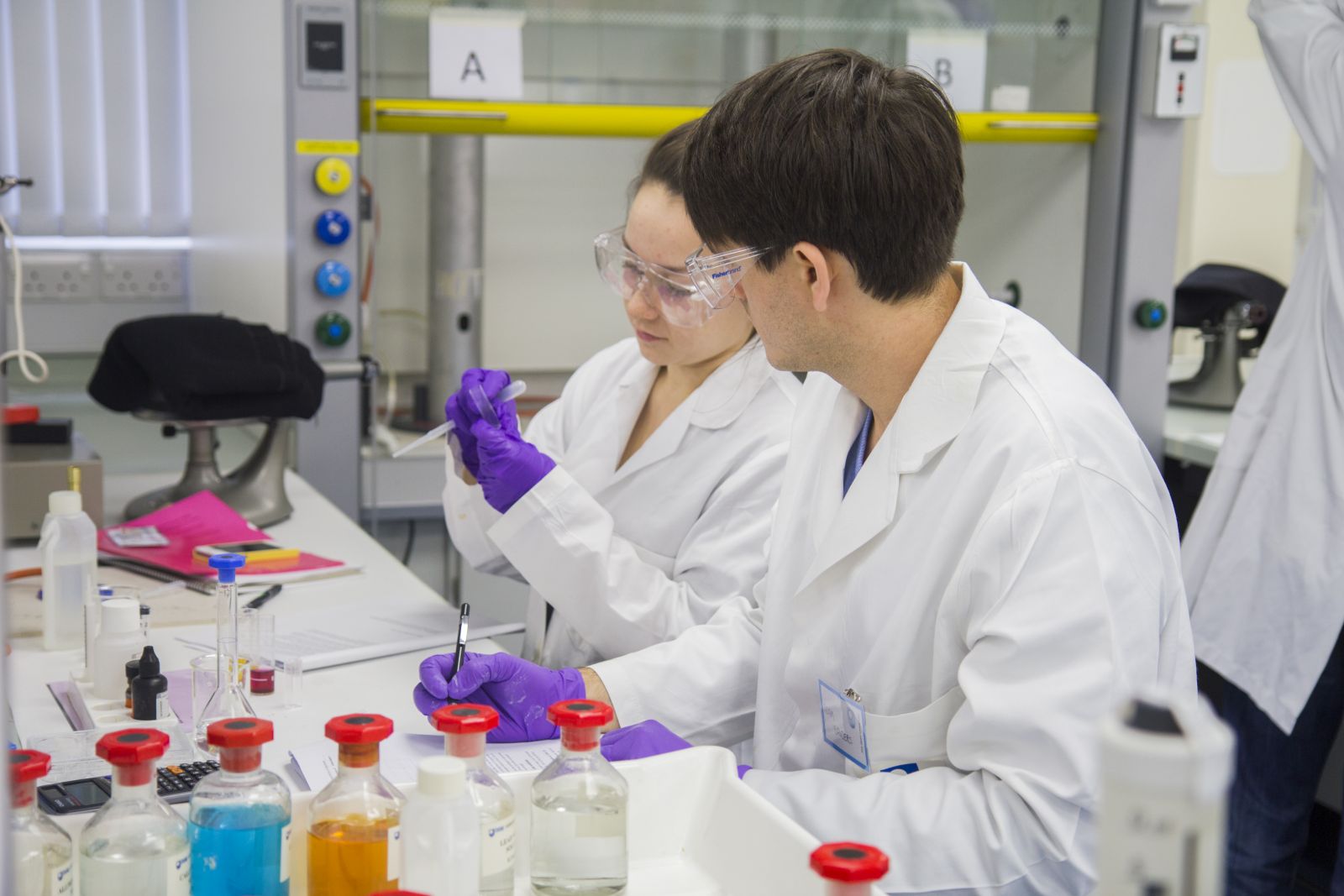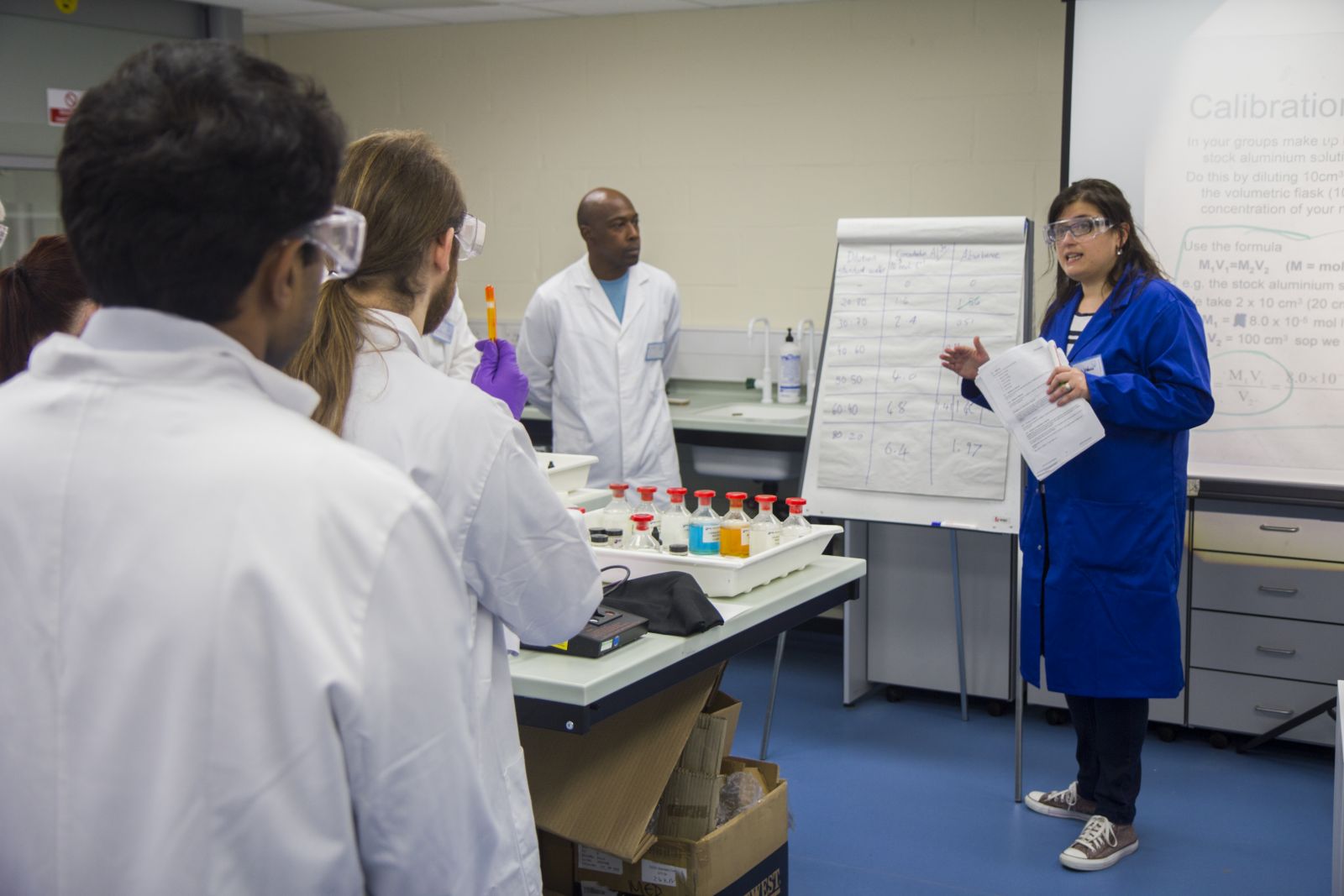You are here
- Home
- SS001 Laboratory Skills for Science
SS001 Laboratory Skills for Science
 |
 |
This short residential school provides the opportunity for laboratory-based practical work, helping to build confidence in practical science techniques including recording, reporting and interpreting data.
Information for 2024
Venue: The Open University Campus, Walton Hall, Milton Keynes, MK7 6AA
Duration: 2.5 days
Tuition Fee: £250
Laboratory school dates:
Monday 15th - Wednesday 17th July 2024
or
Monday 22nd - Wednesday 24th July 2024
Make sure your travel plans allow you to register between 12:30 and 13:00 on the afternoon of day 1.
Registration: We will update this page when registration for 2024 is open.
Travel and accommodation:
You will need to book and pay for your own accommodation, travel and food associated with the laboratory school. These additional costs cannot be covered with a part-time tuition fee loan. When booking accommodation please be aware of transportation requirements as the campus is several miles from the centre of Milton Keynes.
Experiments and techniques covered in the practical sessions
There are three activities at the laboratory school. Activity A: the determination of water hardness and radioactivity; Activity B: analysing our environment and Activity C: a biology seed experiment.
In Activity A you will:
- Determine the hardness of water samples by carrying out titrations and hence, calculate the ‘hardness’ of a water sample. Techniques used: preparing solutions, pipetting and titrations.
- Use a Geiger counter to measure background count, the radioactivity of various radioactive sources and the absorption of radiation by various sources. Techniques used: handling radioactive sources, recording data, plotting graphs and interpreting results.
In Activity B you will:
- Use qualitative and quantitative methods to determine various metal ions in a water sample. Techniques used: preparing solutions, colorimetry, observing and recording changes in chemical reactions, plotting calibration graphs and interpreting results.
- Qualitatively identify various metals in solids, using flame tests and a hand-held spectroscope. Techniques used: flame tests using Bunsen burners, interpreting line spectra, recording observations and interpreting results.
- Determine the angles of diffraction of spectral lines from a sodium source and identify unknown metals and other elements using a grating spectrometer. Techniques used: spectrometry, diffraction, numerical calculations, recording and interpreting data.
In Activity C you will:
- Investigate the effect of salt solution on seedling germination and growth.
- Take measurements, perform numerical calculations, record and interpret data